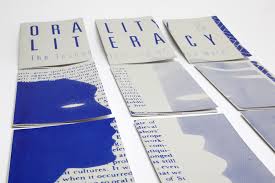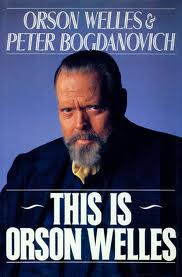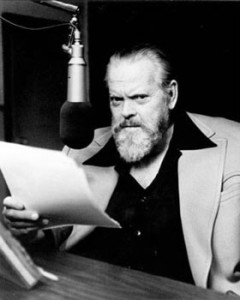 THE WRITING – TALKING CONNECTION
THE WRITING – TALKING CONNECTION
 Writing and talking are closely related but the dimensions they take place in have a world of difference.
Writing and talking are closely related but the dimensions they take place in have a world of difference.
We tend to think of writing as just code for speech. These marks you’re reading, for example, stand for words we can imagine hearing. But words in a conversation are sound, passing away the instant they’re spoken. A text is visual and lives on, can be looked at time and time again.
Speech conveys meaning with more than words. It also uses gesture, tone of voice, the interpersonal connection and the environment.
Writing just has words.
 This is why writing needs to take more care in word choice, more time to match the thought with the words as clearly as possible. It has no tone of voice that sings along, no gestures that sign along, no eyes to look into for understanding as it rolls along. The written words stand there all alone and naked to be re-examined at will. Best if they have no shame!
This is why writing needs to take more care in word choice, more time to match the thought with the words as clearly as possible. It has no tone of voice that sings along, no gestures that sign along, no eyes to look into for understanding as it rolls along. The written words stand there all alone and naked to be re-examined at will. Best if they have no shame!
Speech and conversation are good parents to writing, and writing does well to honor them. Most good writing (though not all) strives for the naturalness of speech, but it takes hard work to achieve that ease! As Yeats says (writes): “A line will take us hours maybe;/ Yet if it does not seem a moment’s thought, /Our stitching and unstitching has been naught.” This hard-won naturalness is a paradox like what a hard-working actor achieves: well-rehearsed spontaneity.
It’s generally a good idea for writers to go for language akin to how they talk. So many people have been mistaught that writing should “sound” formal and learned. But listen: “I honestly was expecting the meat in this repast to be more abundant” is obviously not as good as: “Where’s the beef?!” The flip side of this is a lowest-common-denominator kind of talking that commercial TV passes off as “realistic.” Not so. The way real individuals talk is always unique. I once recorded a laugh-filled lunch with friends and transcribed it. My playwriting class found the script surreal and somewhat tragic! This teaches two things. Mining your own way of talking when you write keeps it fresh and original. But for clarity, you need to edit it.
Rewriting is a writer’s saving grace.”Re-talking” to say it right tends to be counterproductive. Rewriting what you say out loud, though, is a time-honored way of writing. Cicero’s great orations were first spoken. Then he went off by himself and quilled them down from memory, no doubt editing them to the immemorial essays still marveled at today.

 Bogdonavitch’s superb This Is Orson Welles consists entirely of long interviews
Bogdonavitch’s superb This Is Orson Welles consists entirely of long interviews
all of which Welles “thoroughly revised for dramatic purposes.”
Final example: My wife Nancy and the other two members of her singing trio talked about how music played a part in how they each raised their single child. I recorded their conversation, then distilled it into a musical pastiche, part verbatim and part edited to fit the rhythm and music they perform here: You’re A Sweet Little Baby.
100%
100%
